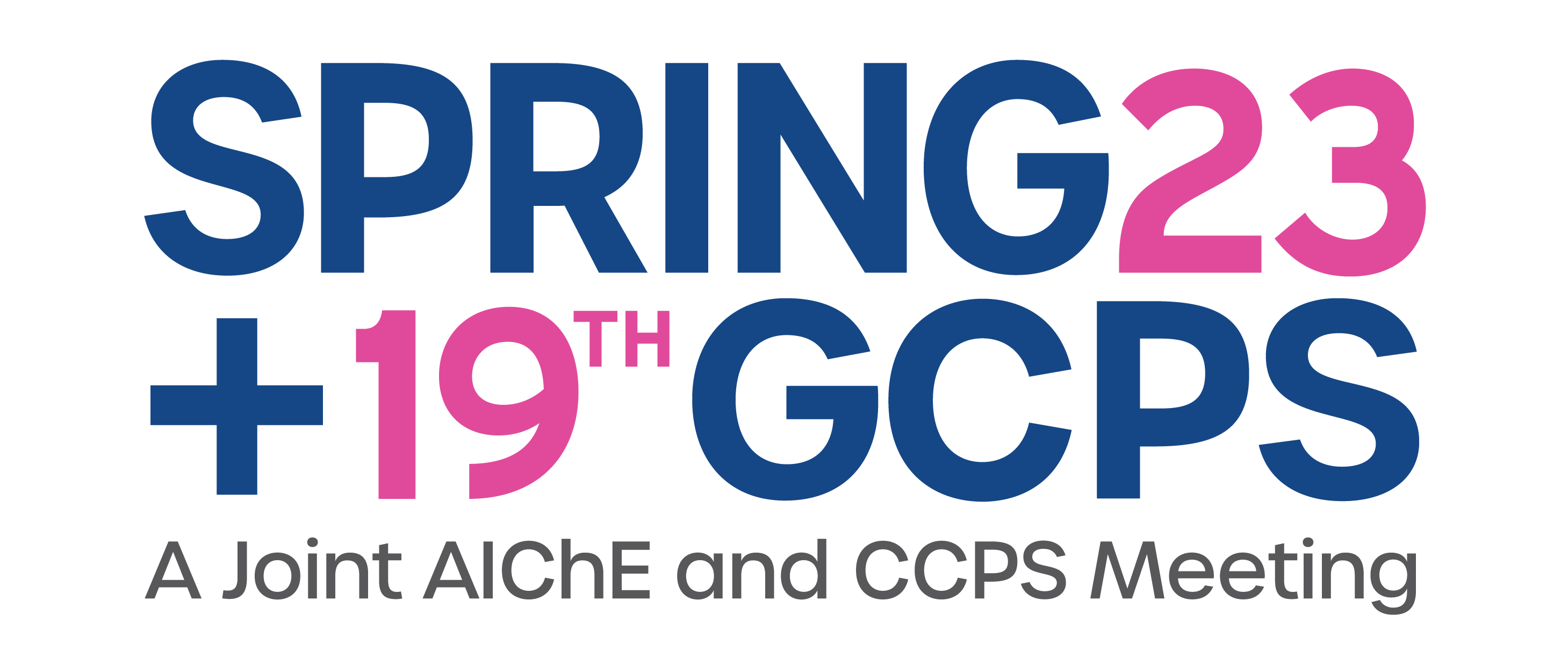

In particular, in depleted reservoirs, low temperature management (in steady-state operations) due to Joule-Thomson cooling is challenging but it is, if adequately identified, it is possible to implement mitigating strategies. Typical low temperature management strategies includes wellhead heating, flowrate restriction, gas phase operation, etc. However, transient operations can also lead to conditions that often are more extreme albeit of shorter duration.
In this work, we present a number of safety-critical transient operating scenarios of the injection wells, perhaps extreme but plausible. These scenarios can pose a significant risk to the integrity of the well design. The focus of the flow assurance study was to determine the minimum fluid and metal temperatures that can occur in the well tubing during transient scenarios such as well clean-up, depressurisation, or blowout and assess the likelihood of transgressing the minimum design temperature of the well and annulus.
This first-of-a-kind CCS project is located in central Australia and it is currently in the EPC phase.
Presenter(s)
Language
Pricing
Individuals
| AIChE Member Credits | 0.5 |
| AIChE Pro Members | $19.00 |
| Fuels and Petrochemicals Division Members | Free |
| AIChE Graduate Student Members | Free |
| AIChE Undergraduate Student Members | Free |
| AIChE Explorer Members | $29.00 |
| Non-Members | $29.00 |
